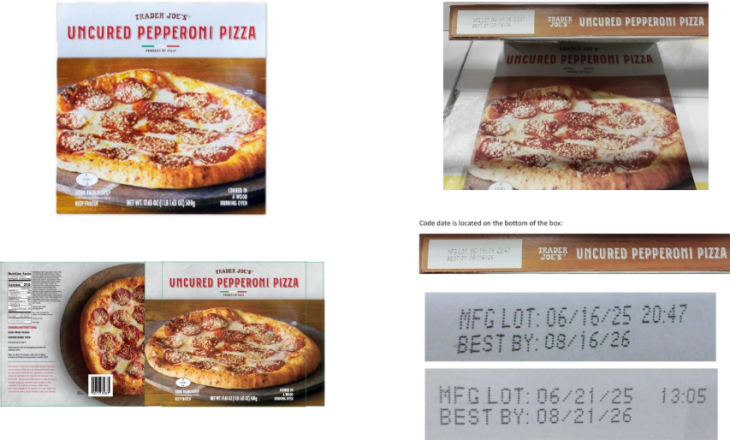The digital age might have brought us the paperless office, but there is no shortage of rules for modern workers. In fields as diverse as the transport industry, commercial real estate, advertising, and IT, employees toil under a vast umbrella of regulations, laws, guidelines, ethical standards, and other rules that affect nearly every action they take in their everyday routines. The following examples offer a view into how rule-oriented the modern workplace is.
Transport Fleet Drivers
It’s common knowledge that the financial industry is heavily regulated by local and national governmental bodies. Many people don’t realize that the transport industry’s regulatory oversight is equally burdensome. Consider that owners must not only be aware of numerous laws but must also have effective ways of remaining compliant to avoid legal problems.
Every driver of a company vehicle must adhere to strict rules about rest break frequency, hours of service (HOS) rules, training, health, and more. Fortunately, unlike the situation in the financial industry, fleet management software systems assist fleet owners with the heavy burden of staying compliant. It’s imperative to stay informed about the newest regulations and find out how a simple ELD (electronic logging device) can resolve numerous compliance issues. Likewise, fleet managers need to know that the Department of Transportation has HOS regulations that apply to transportation companies of all sizes. That means even if your company only has one or two trucks in its fleet, you still need to stay on top of the legal situation.
Commercial Real Estate
Those who sell commercial real estate inhabit a universe of complex laws, vast amounts of documentation, and strict rules about how they can promote the properties in their inventory. Most start in the residential part of the trade, selling homes and raw land before moving to the more complex field of commercial real estate. Like some of the other most regulated fields, there are multiple continuing education requirements for anyone who wants to make a career out of selling property to businesses. Some localities require commercial sellers to hold special licenses, pass criminal background checks, and be bonded. Especially if you want to become a successful business owner and potentially start your own brokerage down the line, you will need to be as sharp as possible on the rules and regulations.
Advertising
Writing advertising copy calls for equal amounts of creativity and legal knowledge. This is especially true for those who work for large ad agencies and develop ad campaigns for large companies. There’s a long history of law pertaining to what can and can’t be said in print, radio, television, and display advertisements. Ad writers must carefully adhere to rules about making promises and claims for food and medical products. Likewise, ads for service providers must comply with industry guidelines and legal requirements.
Tech Workers
Modern technology workers can work alone, as independent contractors, or for corporations. Regardless, it’s important for IT experts to fairly and transparently list their credentials on business cards and websites. Misrepresentation or outright deception can mean legal trouble or loss of customers, or both. For career-minded programmers and developers, for instance, continuing education is a must, if not always a legal or industry requirement. Many IT experts join professional organizations that set high ethical standards and require compliance with ongoing education to maintain membership.






















